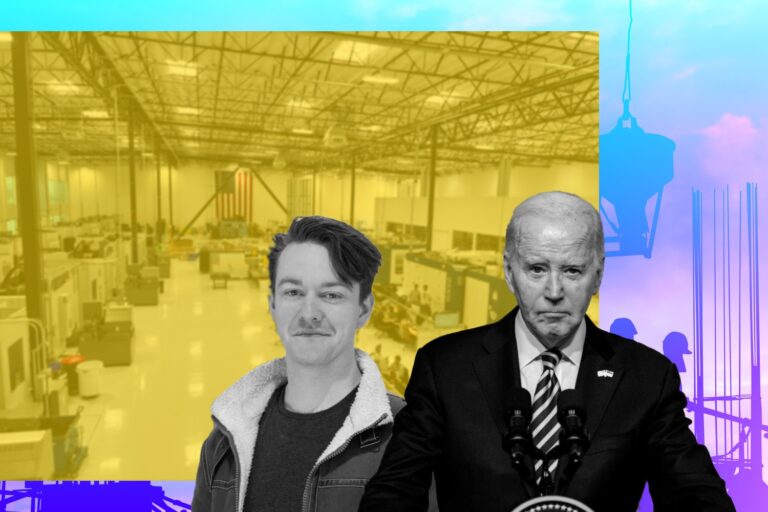The First Greater Phoenix: Future’s Entrepreneurship Is in Arizona
In the next few years, Silicon Valley isn’t the only hotspot that generates million-dollar businesses. It will be the “new normal” that companies are leaving out of Silicon Valley to seek for expansion in places like Denver, Dallas or Arizona. This area, once known for its hotels and low-wage call centers, is quickly developing a reputation as a hub for tech and entrepreneurship.
Over the past four years, 49 California companies have transitioned their businesses to Arizona and the Phoenix metro area such as Stitch Fix, ZipRecruiter, Apple, and Google, just to name a few. Big firms like Apple, Amazon or Valor Global have also open offices in this state in the past few years. The state was also ranked among the 10 fastest-growing rate states with an expectation of nearly 550,000 jobs added between 2019 and 2029, barring any political or economic disruptions. It is no wonder that Arizona is attracting the best thinkers and bringing the hottest startup scene to entrepreneurs.
The Rising High-Tech Landscape
In May 2020, the world largest contract chipmaker TSMC announced the establishment of a $12B factory in Arizona, making it the company’s first fab in the US and one of just a few production sites outside of its homeland, Taiwan. TSMC’s choice to move to Arizona made sense, given the state’s rich history — and promising future — in high-tech manufacturing. In Arizona, there are now over 208 semiconductor manufacturing facilities developing chipmaking breakthroughs.
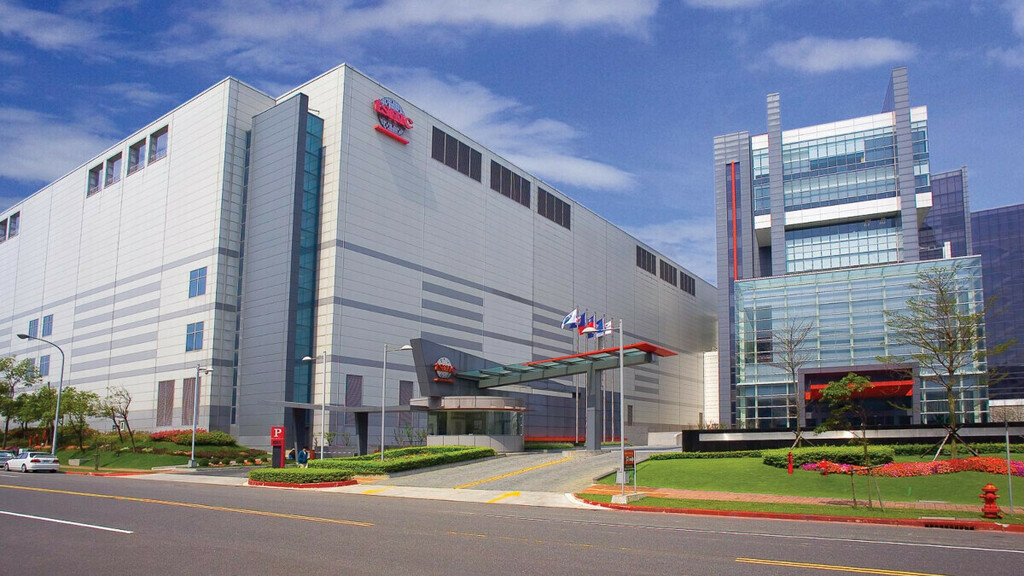
However, TSMC plant construction isn’t the only semiconductors project located in Arizona in the past few years. American chip giant Intel also planned to invest $20B to expand two more fabs in Arizona, in addition to its $7B investment in Chandler which was completed in October.
“Intel is proud to expand our U.S. manufacturing presence with two new factories in Arizona,” said Keyvan Esfarjani, Intel senior vice president in Manufacturing & Operations. “For more than 40 years, Arizona has been vital to Intel’s ability to create the world-changing technology we all depend on. This new investment will advance the ecosystem of innovation we’ve helped create in Arizona and increase U.S. semiconductor manufacturing capacity.”
The concentration of microchip manufacturers in this area didn’t come out of anywhere. Arizona has long been known for its high-tech infrastructure with a comprehensive supply chain. Many companies that provide direct support to semiconductor production are headquartered in Arizona, including Honeywell, Applied Materials, Infineon, Versum Materials, and LAM Research Company, to mention a few. These businesses play an essential role in Arizona’s semiconductor supply chain, supplying manufacturers with the raw ingredients they need to make their products.
“For semiconductor manufacturing, you need a big ecosystem to get the best cost position,” Bill Wiseman, senior partner at McKinsey explained. “There’s already a pretty big manufacturing presence in Arizona, so if you look at the fab clusters in the U.S., Arizona is actually pretty good and pretty populous.”
With these announcements, it’s no surprise that Arizona has been dubbed “US Semiconductor Central”, establishing the Grand Canyon State as the epicenter of US efforts to boost chip production capacity.
Other than chipmakers, companies in the electric vehicles industry are also selecting Arizona for their production base. At the end of 2020, electric vehicle (EV) manufacturer Lucid Motors stated that the first phase of its $750M manufacturing plant in Casa Grande which kicked off in 2016 has been finished, and the company is planning to mass-produce its premium Lucid Air car in the second half of 2021. Meanwhile, Nikola Corp. is building a factory in nearby Coolidge where it will produce electric and hydrogen powered heavy trucks. One of the region’s most recent wins came from electric vehicle manufacturer, ElectraMeccanica, which selected the city of Mesa for its U.S.-based assembly plant. The company will start assembling three-wheeled, one-seat electric cars not much bigger than motorcycles at a plant near Phoenix-Mesa Gateway Airport.
With Lucid and Nikola leading the charge, and ElectraMeccanica forming the vertex of an industrial triangle, Arizona finds itself at the epicenter of an EV cluster that is projected to rapidly transform the landscape of this low-desert region. “We have the potential to become a massive global leader in emerging auto manufacturing,” Chris Camacho, president and CEO of the Greater Phoenix Economic Council believed.
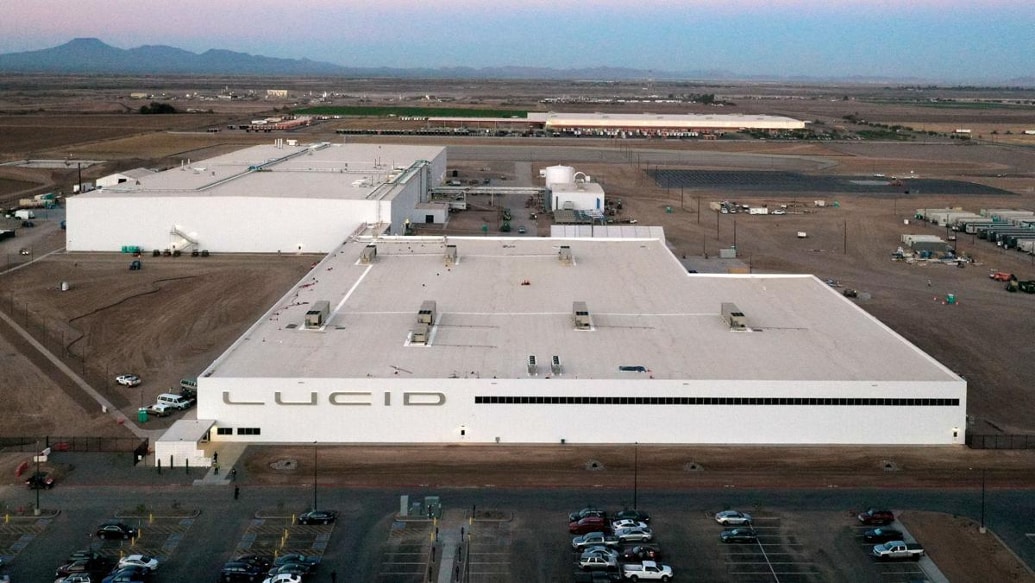
During the pandemic crisis, many companies across the country saw significant downturns. However, reports show that some of Arizona’s tech companies adapted and grew in the past year. Emerge, a logistics software company in Scottsdale, rose rapidly with its headcount doubled in 2020; SmartRent, located in Scottsdale, capitalized on growth to launch a new vertical; and ClearChecks, a software startup in Phoenix, saw business grow to more than pre-pandemic levels in the previous year.
Arizona’s tech sector also witnessed staggering growth during Covid-19. The state ranked No. 8 in net tech employment job gains this year, adding an estimated 2,500 jobs in 2020 while most states had a net loss of tech jobs last year. Experts projected that Arizona would add another 6,900 tech jobs in 2021.
With its attractive high-tech landscape and an extending pool of skilled talents in the industry, Arizona is leading the country’s innovation. And with innovation and entrepreneurship are inseparable combination, it’s worth for business’s leaders to consider moving their companies to this state in the next few years. Let’s read on to understand why.
Why Arizona Is the New Go-to Destination for Entrepreneurs?
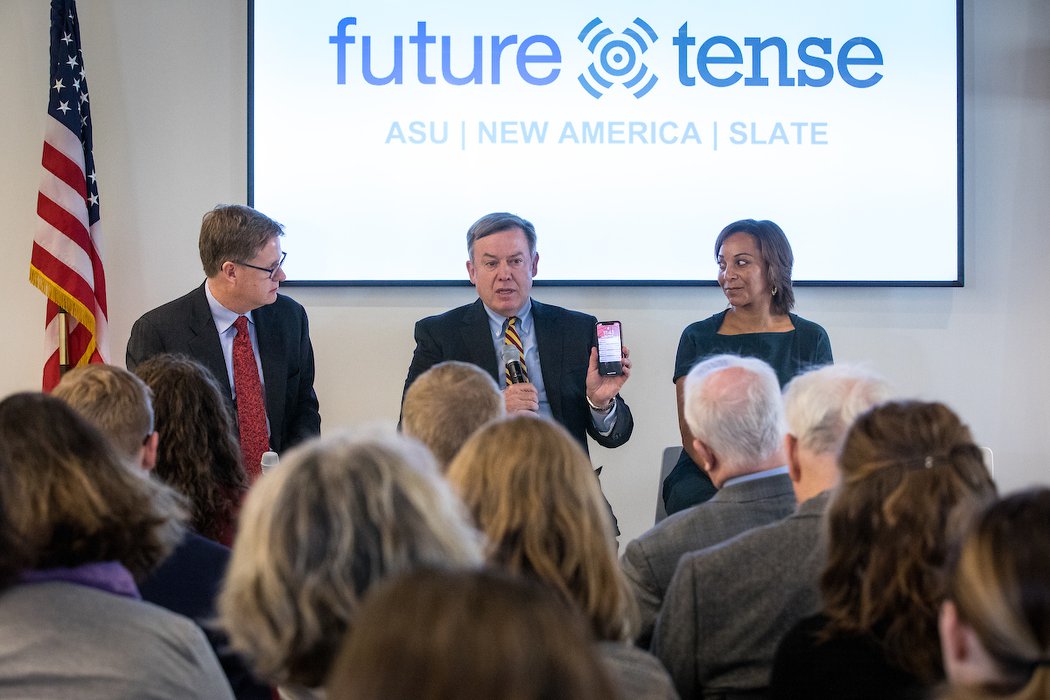
Affordable Living: Cheaper House Equals Larger Capital for Business’ Growth
Compared with coastal entrepreneurial hubs, Phoenix’s cost of living is low. While San Francisco’s median home value is $1.3 million and rental houses charged at roughly $5,000, renters can have triple the asset with that same money in Arizona. For many entrepreneurs, cheaper food means more money on paying taxes and hiring employees that businesses in expensive cities like Seattle or California usually struggle with.
Tuff & Needle, a Silicon-founded popular mattress seller, realized a more potential growth opportunity in Arizona. “We saw it as one of those fundamental problems in the mattress industry that being on the open market really drives towards higher prices, higher margins, lower costs, and sales tactics which have really what got this industry in this conundrum in the first place,” the founder, J.T Marino recalls. “This is why we set out to solve these issues. So we saw this (moving to Phoenix) as important to essentially, kind of stay pure, stay employee owned.”
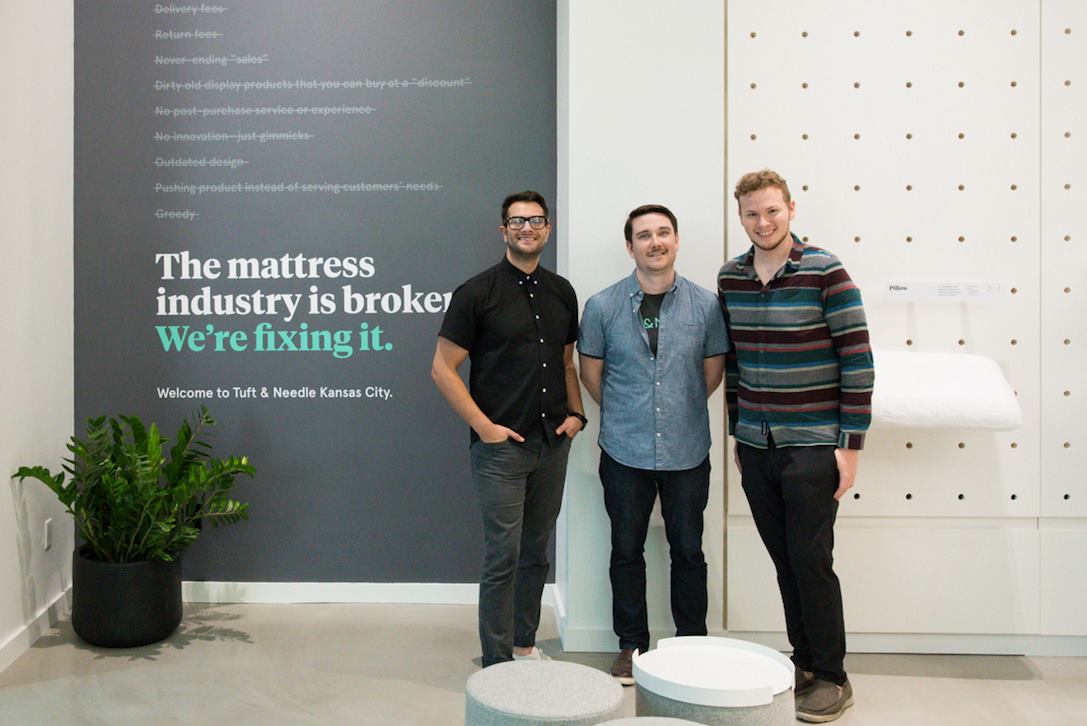
The company has witnessed robust growth during its time in Phoenix with annual revenue of more than $100 million. “I can pay myself and our team members better proportionally here than there,” Marino says. By relocating to this area, Tuff & Needle was able to ward off the exorbitant rents in San Francisco and save up money to purchase the company’s building. They’ve done all of this without any funding, which they probably wouldn’t have been able to do if they’d stayed in Silicon Valley.
With more affordable living, business’s leaders can capitalize more resources to develop their companies and compete with others. Mark Hanchett, the founder of electric vehicle startup Atlis Motor Vehicles, agrees that lower costs have helped his company outpace a few competitors over the years. He has used cheaper housing prices as a way to entice prospective employees to relocate to Phoenix over expensive cities like Seattle or San Francisco. “We’ve been able to leverage the lower cost of living when competing with startups out of state that are in a similar space to us,” said Hanchett. “Phoenix also still has that small-town feeling, which is nice.”
Ensuring people have access to affordable housing, food, and transportation is an investment in creating entrepreneurs. The money you save living in a cheaper place is the money you can put directly into launching your startup. For Arizona, it has just the right tool.
Talent Pipeline: The Right Mind and Age for Business’ Leaders
A company’s decision to settle in a particular area is frequently driven by the availability of talented, educated people, and Arizona has plenty to offer.
Schools like Arizona State University is bolstering the region’ workforce by offering a robust employment pool for startup areas. With its reputation as the most innovative university for six consecutive years, ASU produces top-ranked technology and engineering program that empowers the next generation of business’ leaders with ample manpower prepared for in-demand disciplines in emerging high-tech industries.

The talent pipeline further extends from thriving local enterprises and out-of-state businesses that have opened satellite offices in Phoenix. Graduates from other universities such as Stanford and California Institute of Technology are less than a two-hour plane ride away, making it easy to draw more graduates into Arizona’s skilled, diverse worker stream. With a growing high-tech population and top-of-the-line personnel, it is no wonder that more and more businesses are moving to Arizona.
Another attraction of Arizona’s workforce that drives its entrepreneurial landscape is the high proportion of millennials. The state’s average age is 36 which intersects almost perfectly with the average age of a founder running a startup with $1 million or more in revenue, which, according to the Kauffman Foundation, is 38. As a result, the future is promising for wannabe entrepreneurs that long to attract talents or find a like-minded co-founder. “People are now seeing Phoenix as a destination for an opportunity and not just as a low-cost provider. What we don’t want to be is just a place where it’s cheap to live. Leaders in other markets are now seeing that Arizona is a great place to do business and there is real innovation happening there. That hasn’t always been the case.” says Brad Vynalek, a board member at GPEC.
Federal Support: Fewer Regulations and More Opportunities
With surging population growth, the people of Arizona are receiving immense support from the local government for business practices. Under the leadership of Governor Doug Ducey, Arizona is committed to policies that promote innovation and business growth. The corporate tax rate is among the lowest in the country at 4.9% while tax-hiking trends are defied to promote job creation, R&D and energy conservation.
Arizona also implements laws that favor startup development. In 2018, the state speeded up the product testing process by replacing months of trial and thousands of dollars in legal expenses, fees, or compliance costs with the US’ first regulatory fintech sandbox, a legal framework that allows startups to test their products for up to two years and serve as many as 10,000 customers before they must apply for a formal license. Governor Doug Ducey also signed legislation aimed at making it easier for people with out-of-state occupational licenses to work in Arizona.
“Arizona’s economy is booming, and the people who are coming out here are just looking for an opportunity to carve their own path,” Ducey shared. “Too often our government has acted as an adversary, not an ally, for people who want to work.”
Local officials also put great efforts on promoting business development. Several Phoenix area public entities, including the Arizona Commerce Authority and the Greater Phoenix Economic Council, as well as nearby Arizona State University, are actively pitching in to encourage area entrepreneurial innovation, and have been for some time.
Jenny Poon, co-founder of downtown Phoenix’s Co+Hoots co-working space, was obliged to have such progressive leaders. “The Greater Phoenix area has seen success through not only the groundswell of forward-thinking entrepreneurs, but from government taking a bigger role in building the ecosystem.” – she admits.
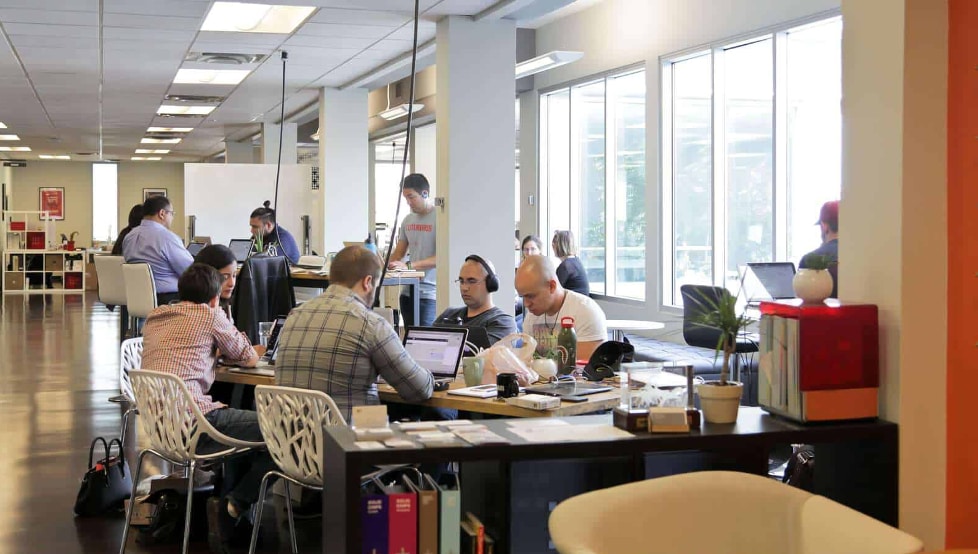
With a pro-business mindset, competitive tax structure, affordable operating costs, and a lean regulatory environment, Arizona has established itself to be the best place to test, launch, and scale new business models.
Local Community: All Eyes on Building a Startup Ecosystem
Another trait that makes Arizona entrepreneur-magnet lies in its supportive, built-in startup community that business leaders can easily tap into.
Startup founders can arrange a meeting with nearly any local businessperson. Jamie Baxter, a Phoenix-area founder of Qwick, a staffing service that connects hospitality workers with food and beverage shifts in real-time, was struggling with raising venture capital for the next funding stage. He sent an email to Greg Scoresby, the founder of financial aid business CampusLogic, a company with $72 million in venture capital, in the hopes of learning more about the process. They met over breakfast the following week, Baxter says.
A hash tag #yesphx created on social media to promote a community that unifies Arizona’s diverse startup ecosystem. It is home to many networking events like Startup Grind Phoenix and PHX Startup Week that assist new businesses and innovations to take root, succeed and scale at the local level and beyond. AZ Blockchain Initiative Co-Founder Melissa Portocarrero Armas agrees that Arizona is a great place for businesses. “Tech companies in Arizona are doing what they’re supposed to do: They’re growing, but they’re also engaging,” which makes Arizona a great place for people and community too. “There are a lot of incubators, community organizations and nonprofits that focus their attention and resources in developing our local talent,” Melissa said.
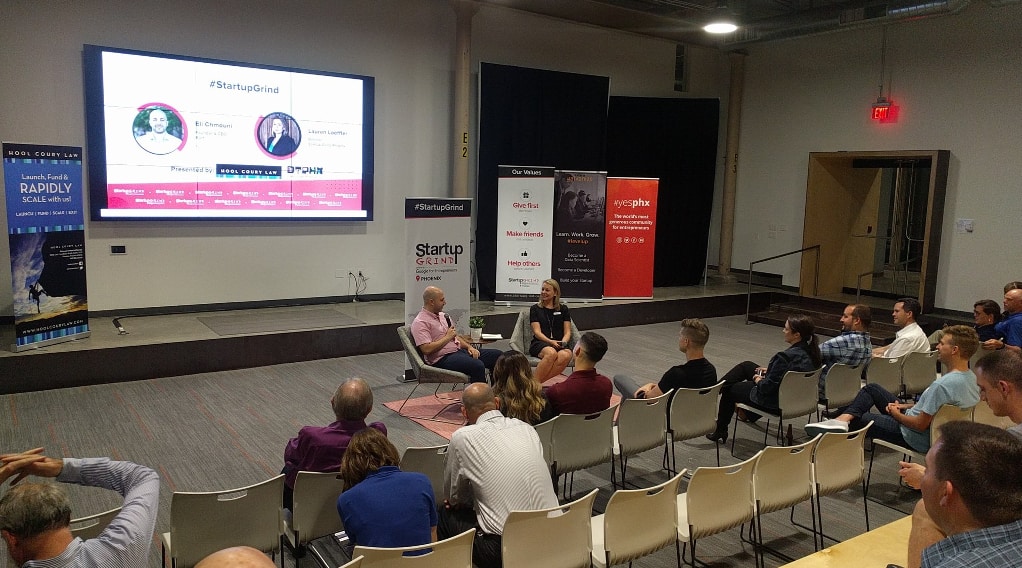
There are also a handfuls of other local tech incubators and startup competitions have emerged in Arizona in the past few years. “For the first time I can remember, there is a real energy behind supporting startups here. It can be felt across the local economy as more leaders realize the value of the startup community as a job-creating force that’s a heck of a lot more dependable than population growth and building more homes.” – Don Pierson, CEO of Phoenix-based SpotlightSales, recalled.
Innovation Hotbed: There’s Room for Everyone
Domingo, another co-founder of Co+ Hoots, describes Phoenix as “a big city that acts small.” For entrepreneurs, it’s still a small enough pond to successfully innovate and attract attention, investors and customers in — as a relatively big fish.
The state has the perfect growing speed yet its development is not well furnished which is a boon to many changemakers. “What that means is, if you start something and do things the right way for the right reasons, you can make a name for yourself and your venture here. You can make an impact and, from there, make a dent nationally and internationally. If you show that you genuinely share the same values as the downtown and central Phoenix community, people will get behind you and support you.” – Domino explained.
Over the past years, the dynamics of doing business in Greater Phoenix are changing swiftly. New tech startups are springing up in the coolest areas of town. There are always new opportunities to work with enterprises that are more established in the larger suburbs but are still innovating. That’s the crux of Greater Phoenix: it’s organic. It moves and thrives with maturity and a dash of fun, with plenty of opportunities for learning, growing, and networking. And for future entrepreneurs, there is a plenty of room for their creation.
With the growing tech base and a budding, open business environment, Arizona is a promising land for startup founders. “Here you have the ability to help guide the ecosystem, instead of being cog in an entrenched system” – Domino shared.
The First Greater Phoenix
The combination of a pro-business government with an earnest interest in disruptive idea experimentation, a budding tech talent pool and affordable living that nurtures innovation makes Arizona an ideal location to launch a startup or work for one and live a life full of hiking on mountains and brunching on patios.
However, the state doesn’t envision to become a second Silicon Valley. It dreams of something bigger. It aspires to be the first Greater Phoenix, a brand-new hub of innovation that, unlike so many communities outside the coastlines, will not have to rise from the ashes of a failed industrial economy. Arizona is making great strides towards the high rise of innovation where technology and entrepreneurship coincide and blossom under the most favorable conditions in the country.



